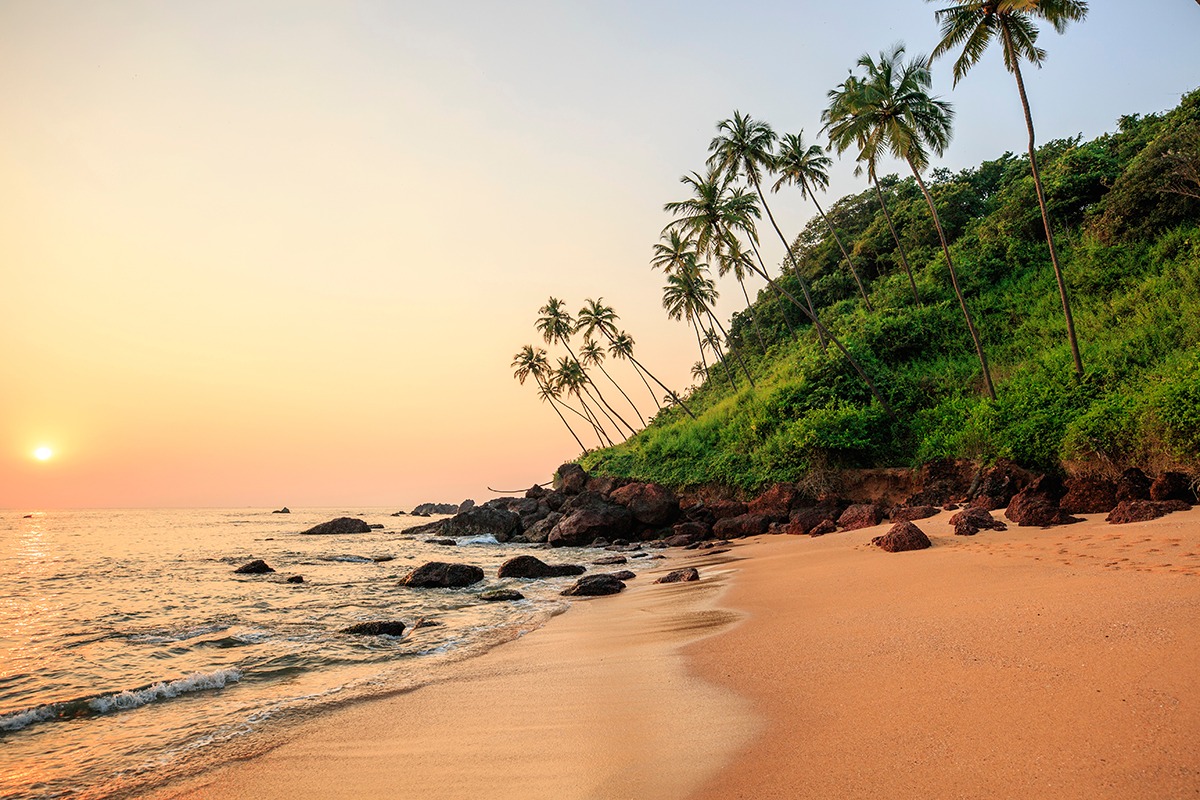Consumers and marketers in tourism both grew conscious during the COVID pandemic and consensed that it would be a new normal. As a result, our ways of consuming tourism experiences and transacting business will see a change. As the first wave of the pandemic showed signs of subsiding, there were mad rushes to popular destinations and events. While international travel was still restricted, domestic tourism reportedly was overwhelming. Many accommodation providers reported more bookings than the previous year. While some people followed advised protocols, most were back to their earlier ways. This largely contributed to a fiercer and deadlier second wave which shook us all. Activities, especially tourism, came to a standstill again. One of the impacts of the deadly second wave was the firming up of the new behavioural patterns. Service providers became more committed to innovative ways of doing business.
The tourism businesses restyle at both the demand and the supply ends. The post-COVID visitors will look for unique off-beat experiences, more abstract and transformational, while having greater control over their choice making. Moreover, they would like to co-creating their experiences – conceptualised, designed, lived.
The way consumers relate to tourism brands, products and services has changed drastically. Today, they are more influenced by digital media than ever before. Digital consumer buying behaviour has undergone a sea change where virtualisation catalyses tourism e-commerce.
The Internet now plays an essential role in the competitiveness of the tourism business. Providers, especially the technology-empowered players, would try locating consumers who are sourcing information about products that they offer. They may also follow these customers and impregnate their holiday purchase decision process at appropriate points to remain in contention.
Post-COVID tourism marketing would be technology leveraged. With both the consumer and provider being technologically empowered, cyberspace will be the new marketplace. The customers are likely to make conscious large ticket purchases through channels offering significant personal contact. Digitisation will play a critical role in small-ticket objectively priced purchases. Travel products are likely to be sold through interactive multi-platform online channels. With the growing ability of these channels to display experiential products, their commodification will attract prominent players like Amazon and Alibaba to holiday markets. These mega-corporations will vigorously utilise technologies towards achieving customisation.
Online channels are getting comprehensive in content and approach by the day. During the pandemic, the frequency of using online channels has increased, and, consequently, people are far less sceptical. These channels are impactful owing to technologies like augmented reality. They tend to integrate the offers of different providers like accommodation providers, transporters, tourism activities, etc. Moreover, these channels will offer quality information search, analysis (through comparisons, user-generated advice and feedback, etc.), safe and secure booking to make the purchase more effortless, and gaming to make it fun.
Big-data analysis of profiles and digital behaviours of potential customers captured through multiple channels will help marketers personalise the products beyond generic segmentation while allowing for greater customer involvement. This will also capacitate them to approach customers through Omni-channels to facilitate a seamless shopping experience, whether they’re shopping online from a desktop or mobile device, by telephone, or in a brick-and-mortar store.
Thus, a digital transformation of the tourism industry is inevitable. The visitors will rely on digital technology to decide what to buy, what to visit, and what to do. Destinations, in turn, can use trigger marketing to capture the imagination of potential visitors. Additionally, geospatial technologies will help manage tourist traffic and crowds to augment visitors’ experience without annoying the hosts.
Now, the question arises that ‘what happens to the market?’ There are two possibilities. With the rise in technology and real-time information-leveraged decision-making, there is an opportunity for hybrid portals like TripAdvisor and Airbnb to make a mark. Existing OTAs may go for vertical integration or partnering to compete with the emerging hybrid players. The growing concentration of online tourism distributors may also lure technological giants like Google and Amazon into the leisure businesses.
Some traditional travel agencies and tour operators may disappear least they change their ways of doing business. To offset this fierce competition in a tech environment, these smaller players may have to go for hyper-specialisation, offering products to micro-segments in niche markets.
Marketing of tourism products cannot be viewed in isolation. Shifts in consumer behaviour shall have operational ramifications. Further, the demand for exclusive personalisation with technology-enhanced bargaining power will change the market structure. It cannot be business as usual, and the tourism providers will have to reinvent themselves.
The views expressed in the column are of the author, and may or may not be endorsed by the publication.






